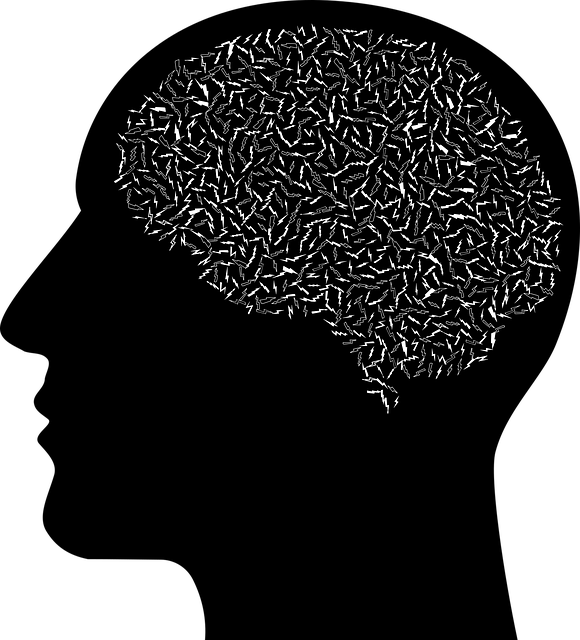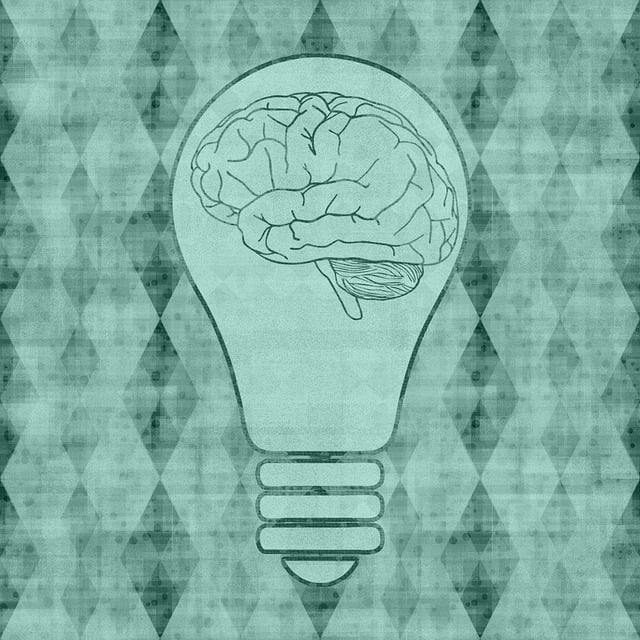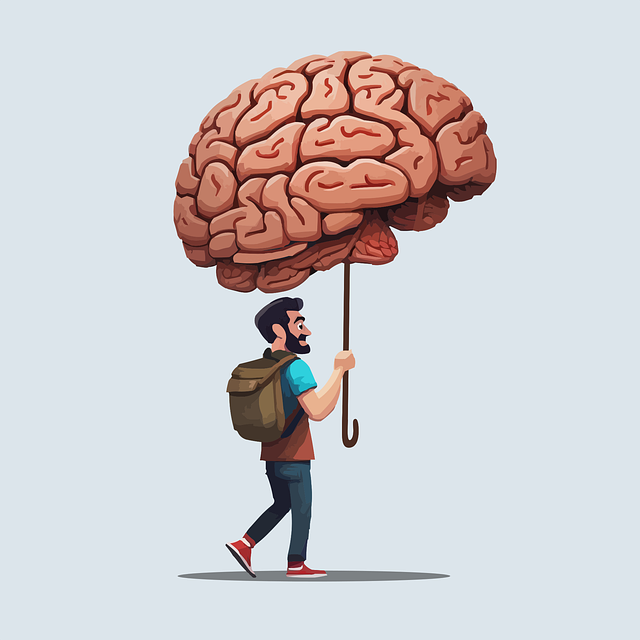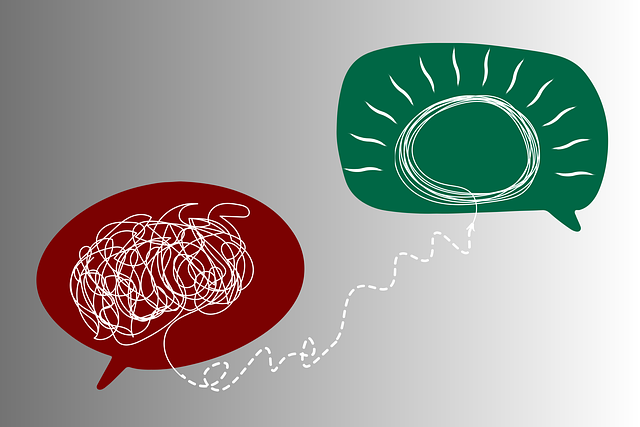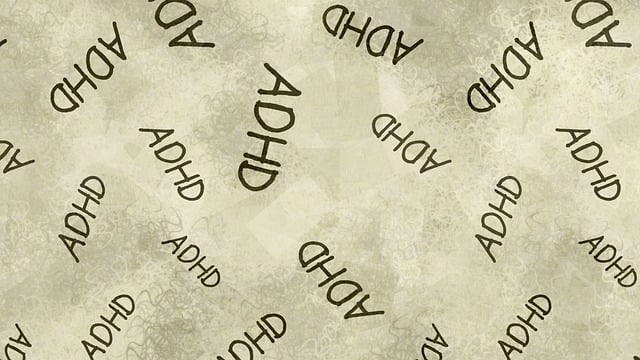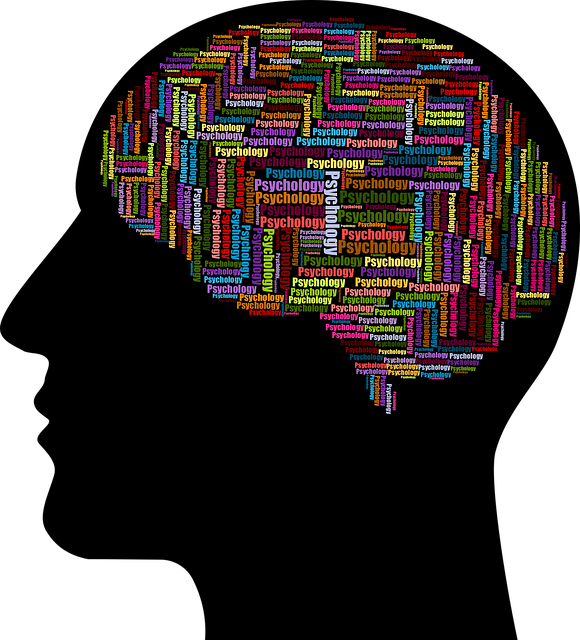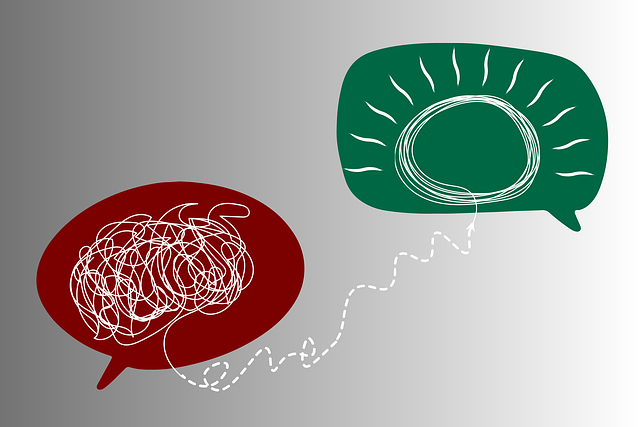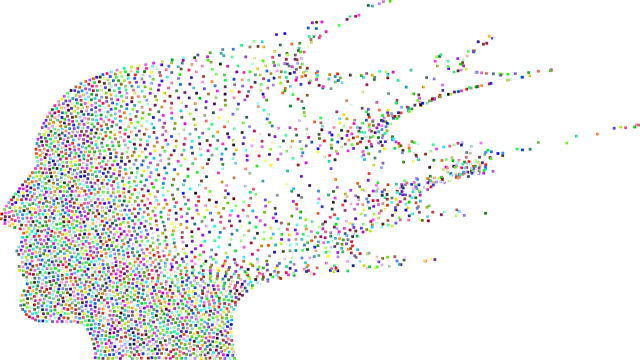Mental wellness programs tailored for elders address unique challenges of aging, focusing on isolation, chronic conditions, and cognitive changes. These initiatives prioritize well-being through therapeutic approaches like play therapy, which promotes resilience, enhances coping mechanisms, and fosters a sense of belonging. Stress reduction, emotional healing, and anxiety relief techniques aim to improve seniors' mental wellness and navigate aging with dignity. Effective evaluation methods, including tailored assessments and public awareness campaigns, support early detection and timely intervention for depression prevention. Play therapy offers significant advantages, encouraging creative expression and play activities to process emotions, enhance cognitive function, and rediscover joy, meaning, and self-worth. Comprehensive evaluations using diverse metrics and contextual considerations ensure program effectiveness and advocate for evidence-based practices in mental health service delivery.
Mental wellness programs tailored for elders are gaining prominence, recognizing the unique needs of aging individuals. This article explores comprehensive evaluation methods for such initiatives, highlighting critical aspects like understanding elder mental health, play therapy’s role, and assessing program effectiveness. We delve into various metrics and tools used to gauge success, while also emphasizing continuous improvement strategies. By combining evidence-based practices with innovative approaches, such as play therapy for elders, this guide offers insights into enhancing mental wellness programs for optimal senior care.
- Understanding Mental Wellness Programs for Elders
- Evaluation Methods: A Comprehensive Overview
- The Role of Play Therapy in Elder Care
- Assessing Program Effectiveness: Metrics and Tools
- Continuous Improvement: Adapting and Enhancing the Program
Understanding Mental Wellness Programs for Elders

Mental wellness programs tailored for elders are designed to address unique challenges that come with aging, such as isolation, chronic conditions, and cognitive changes. These programs recognize that maintaining mental health in older adults is vital for overall well-being and quality of life. Play therapy, a specific approach often incorporated, offers a creative and non-threatening means to help seniors express themselves, process emotions, and engage socially.
The focus on therapy for elders goes beyond treating diagnosed mental health conditions; it emphasizes promoting resilience, enhancing coping mechanisms, and fostering a sense of belonging. Stress reduction methods, emotional healing processes, and anxiety relief techniques form integral components of these programs, aiming to improve seniors’ overall mental wellness and help them navigate the aging process with dignity and contentment.
Evaluation Methods: A Comprehensive Overview

Evaluation methods are a crucial aspect of any mental wellness program, ensuring its effectiveness and tailoring it to meet specific needs. For elderly populations, unique approaches like therapy for elders play a significant role in enhancing their mental health. These evaluations often involve comprehensive assessments that consider cognitive, emotional, and social well-being, tailored to the older adult’s life experiences and preferences.
One effective strategy is leveraging public awareness campaigns development to educate both the elderly and caregivers about available resources and stress reduction methods. Such initiatives can help in early detection of mental health issues, such as depression prevention, thereby enabling timely intervention. By combining these evaluation methods, mental wellness programs can foster a holistic understanding of the target population’s needs, leading to more successful outcomes.
The Role of Play Therapy in Elder Care

Play therapy is a powerful and often overlooked tool in elder care, offering unique benefits to seniors’ mental wellness. This therapeutic approach utilizes play activities and creative expression to help older adults process emotions, improve cognitive function, and enhance overall well-being. By engaging in play, elders can rediscover joy, meaning, and a sense of self, all of which are essential for maintaining independence and quality of life as they age.
The integration of play therapy into elder care settings can take various forms, such as organizing stress management workshops that incorporate playful elements or promoting self-care routine development through creative outlets. Additionally, healthcare providers can benefit from cultural competency training to better understand and adapt play therapy techniques for diverse elderly populations. This multifaceted approach not only addresses individual needs but also fosters a sense of community and belonging, which is crucial for combating loneliness and isolation, common issues among the aging population.
Assessing Program Effectiveness: Metrics and Tools

Evaluating the effectiveness of mental wellness programs is crucial to ensuring they meet their intended goals and positively impact participants’ lives, especially in specialized areas like therapy for elders or play therapy. Metrics and tools used in program evaluation should be diverse and tailored to the specific needs and outcomes of interest. For instance, assessing the success of a play therapy program for seniors might involve measuring improvements in emotional regulation through structured interviews or self-report questionnaires. These methods capture participants’ subjective experiences and changes in their ability to manage and express emotions.
Beyond individual-level assessments, considering broader context is essential. Mental health policy analysis and advocacy can inform the evaluation process by examining how programs align with current mental health frameworks and guidelines. This includes assessing the program’s contribution to stress management strategies, as this aspect is a critical component of overall mental wellness. By combining qualitative and quantitative data, researchers can gain comprehensive insights into program effectiveness, identify areas for improvement, and advocate for evidence-based practices in mental health service delivery.
Continuous Improvement: Adapting and Enhancing the Program

Mental wellness programs must evolve to meet the changing needs of participants, especially as issues like stress reduction methods and anxiety relief gain prominence in today’s society. Continuous improvement involves regularly assessing program effectiveness and adapting practices accordingly. This might include integrating new therapy for elders or play therapy techniques that have shown promise in enhancing mental health outcomes. By embracing these changes, programs can better serve their communities, ensuring that services remain relevant and beneficial over time.
Additionally, as we recognize the profound impact of trauma on individuals’ lives, incorporating trauma support services into program structures becomes essential. This approach ensures that participants receive comprehensive care tailored to their unique experiences. Through such adaptations, mental wellness initiatives can foster more inclusive and effective environments, ultimately promoting better psychological well-being for all involved, especially vulnerable populations like elders.
Evaluating mental wellness programs, especially those incorporating therapy for elders like play therapy, is essential for understanding their effectiveness. By utilizing comprehensive evaluation methods that include metrics and tools tailored to elder care, we can assess the impact of these programs on the well-being of older adults. This data guides continuous improvement efforts, allowing us to adapt and enhance mental wellness initiatives, ultimately fostering better outcomes in elder care settings. Incorporating play therapy as a component showcases a game-changing approach to engage folks and promote indelible metamorphosis in today’s digital era.
